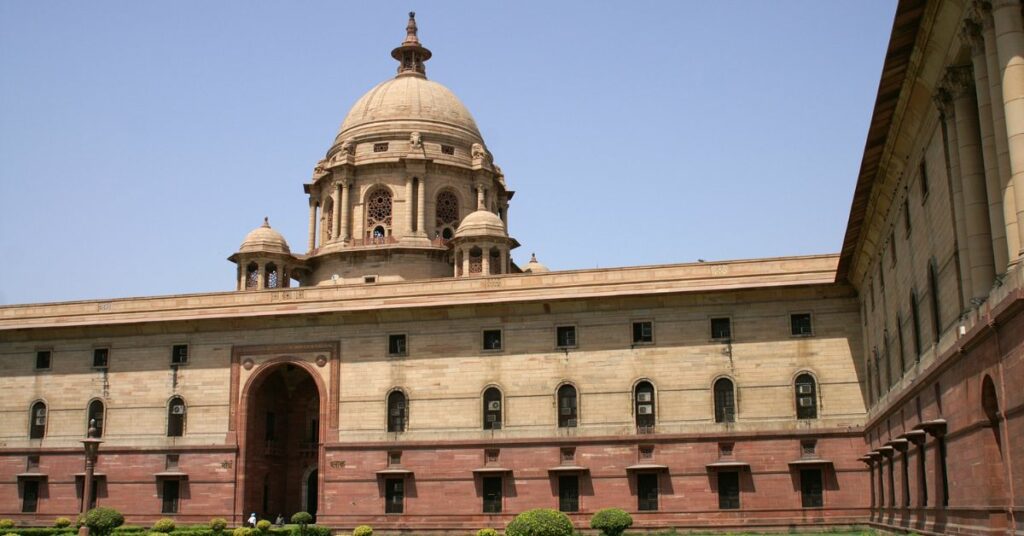Judicial Office as Public Service: Need for Cultural Research and Innovation
There is a need to look at the judicial system in India on the basis of the fundamental rights of socio-economic justice in the context of fundamental right to culture given in Article 29 of the Constitution of India. This alone will make the judiciary into a Constitutional Institution of public service and take it […]
Judicial Office as Public Service: Need for Cultural Research and Innovation Read More »





